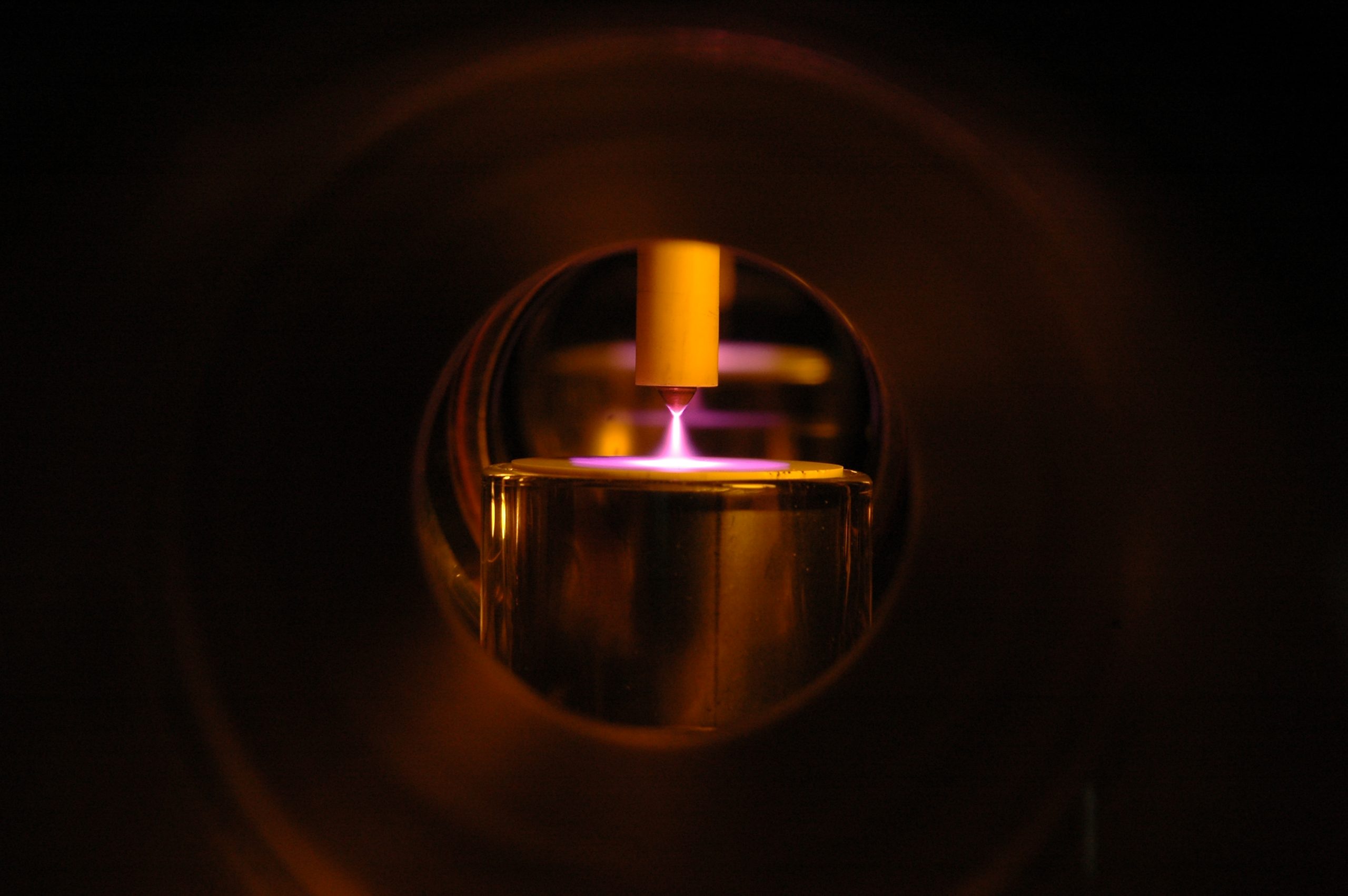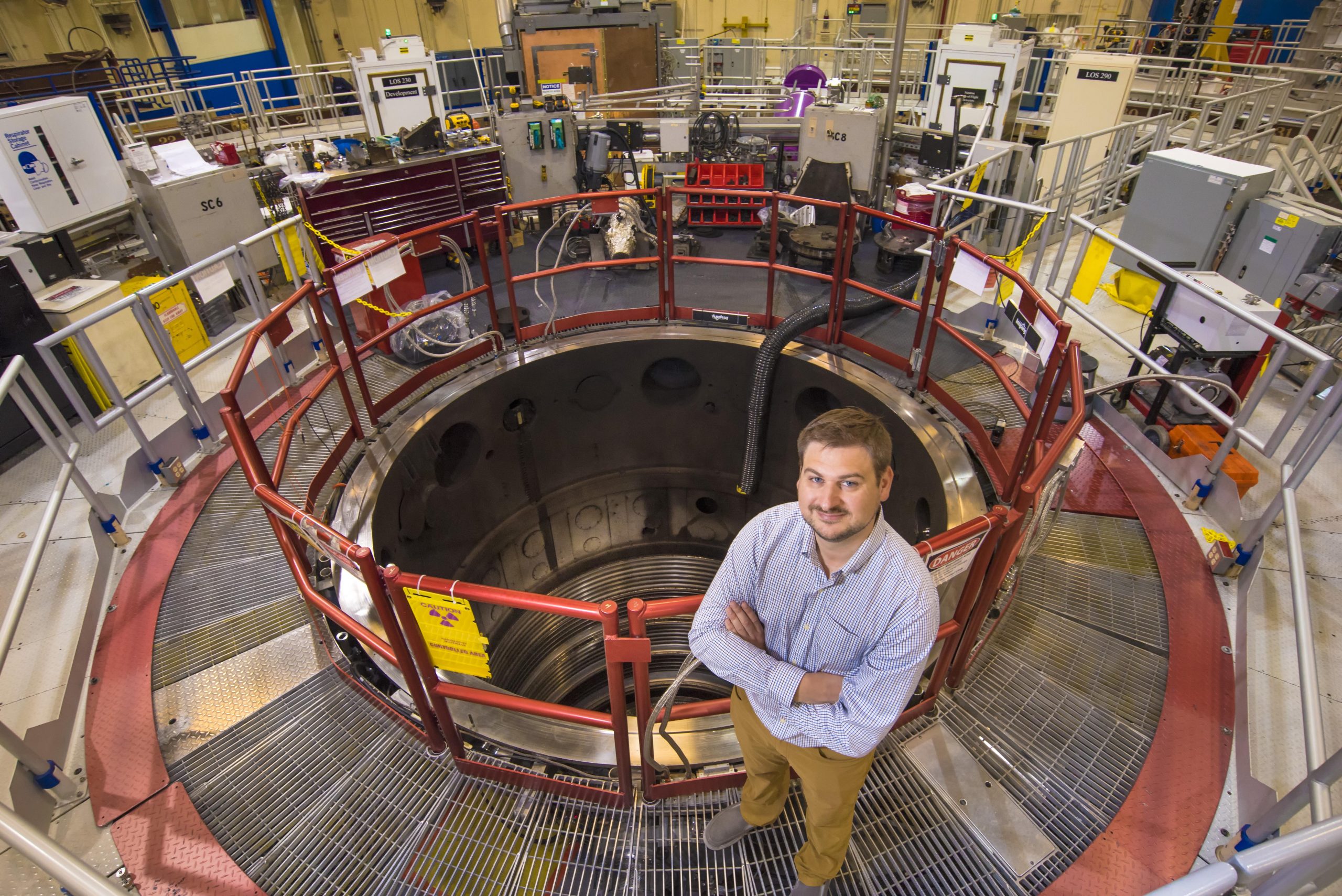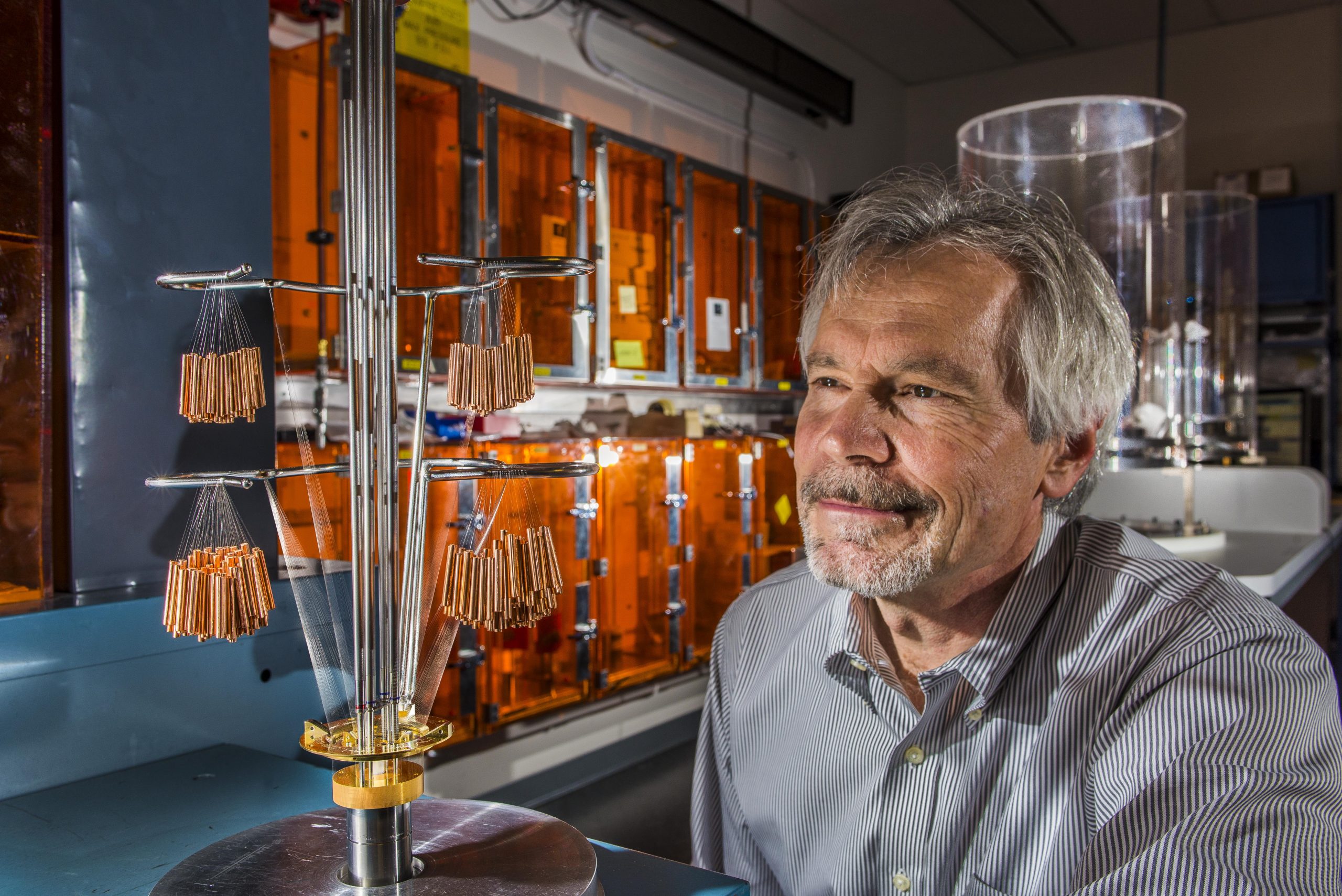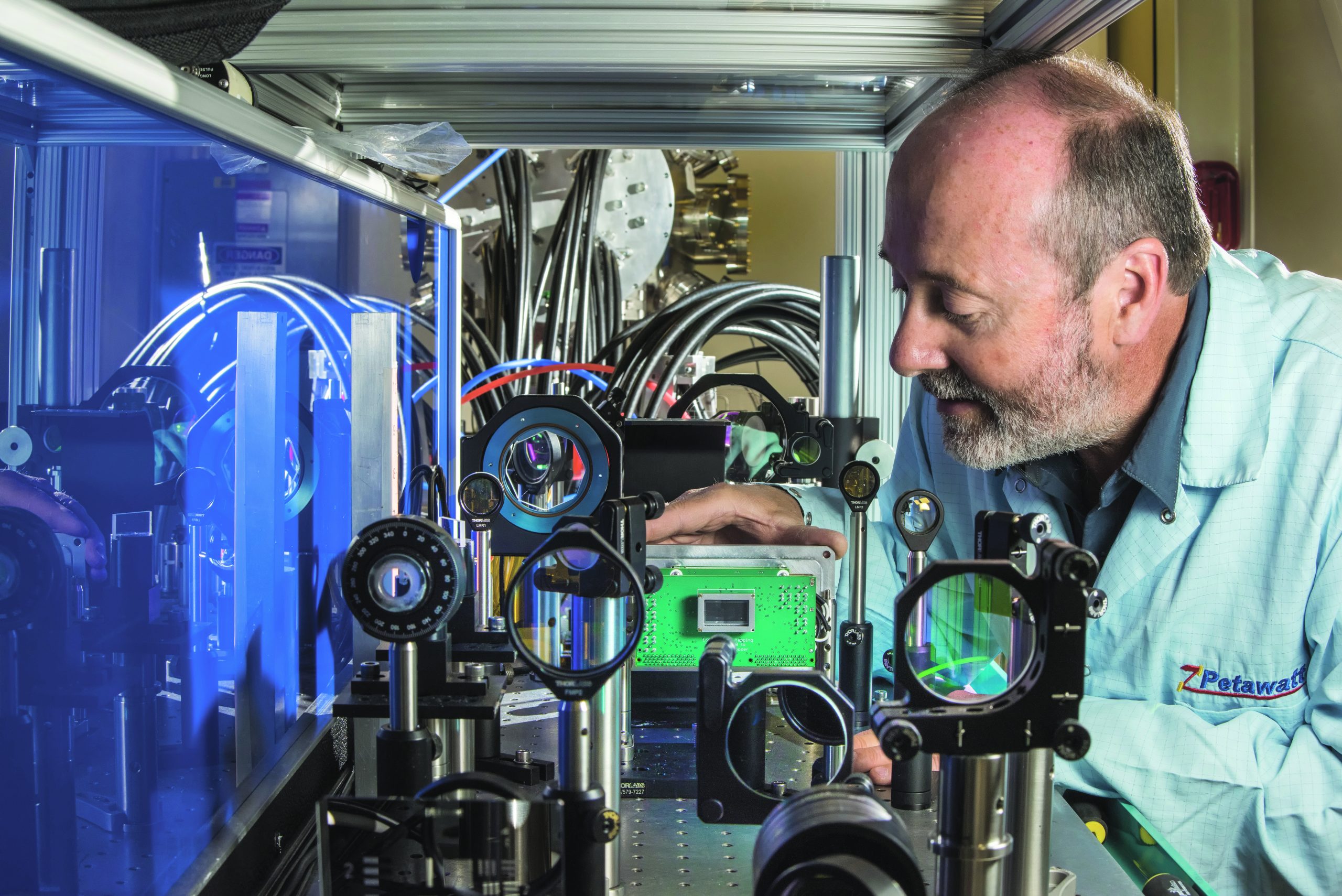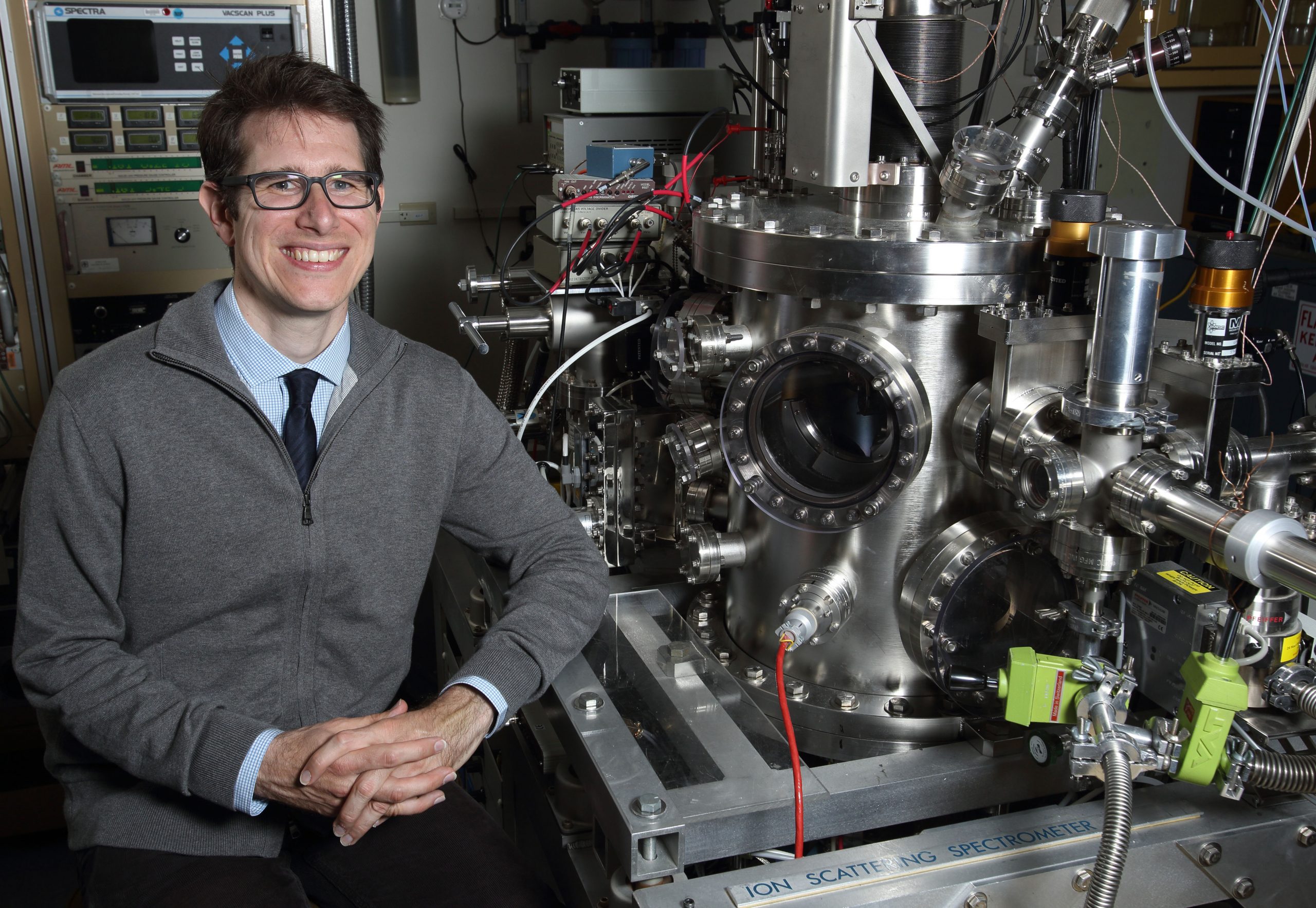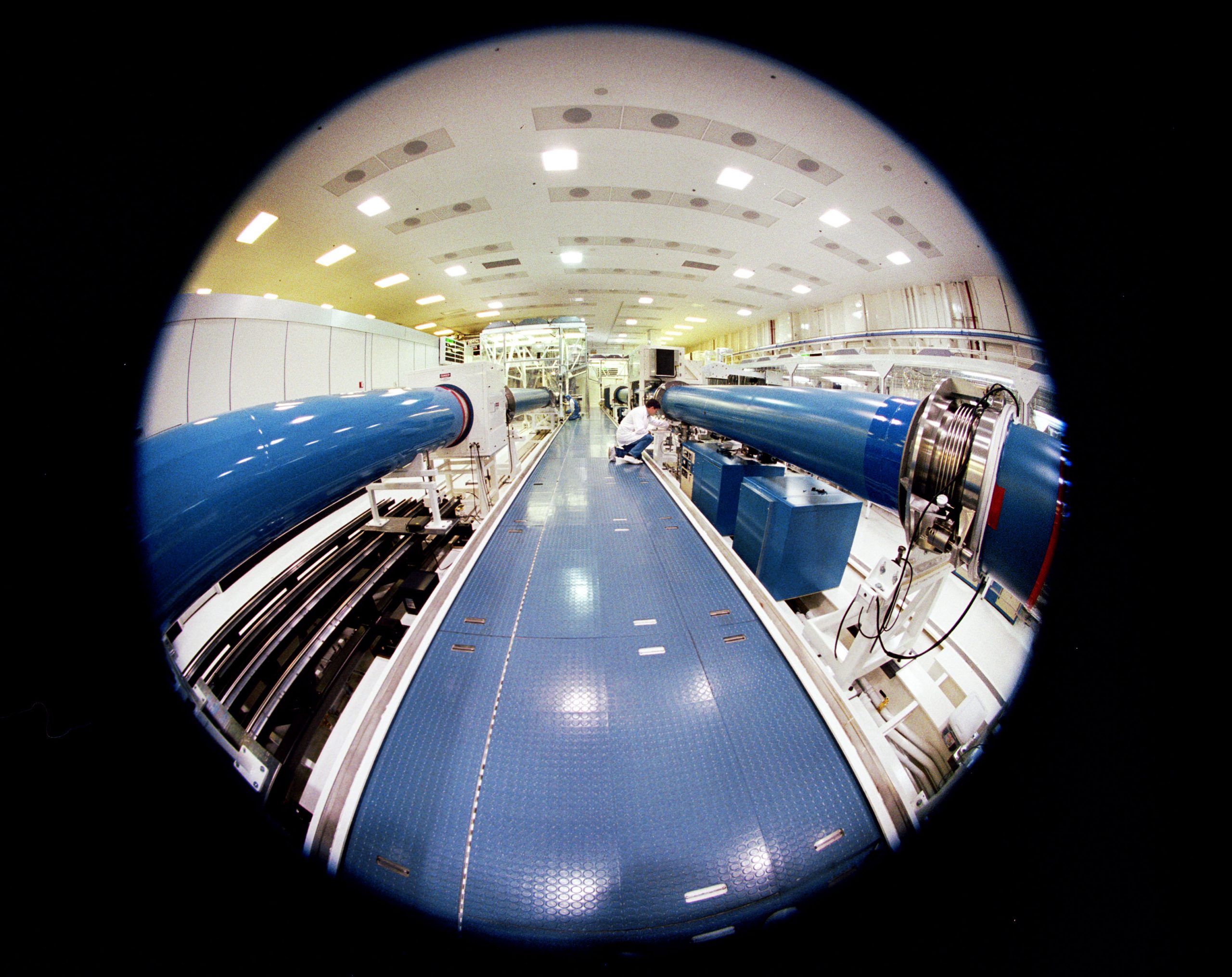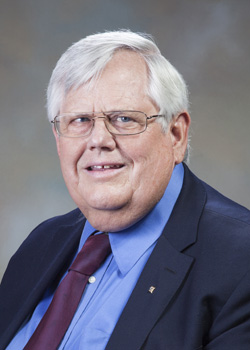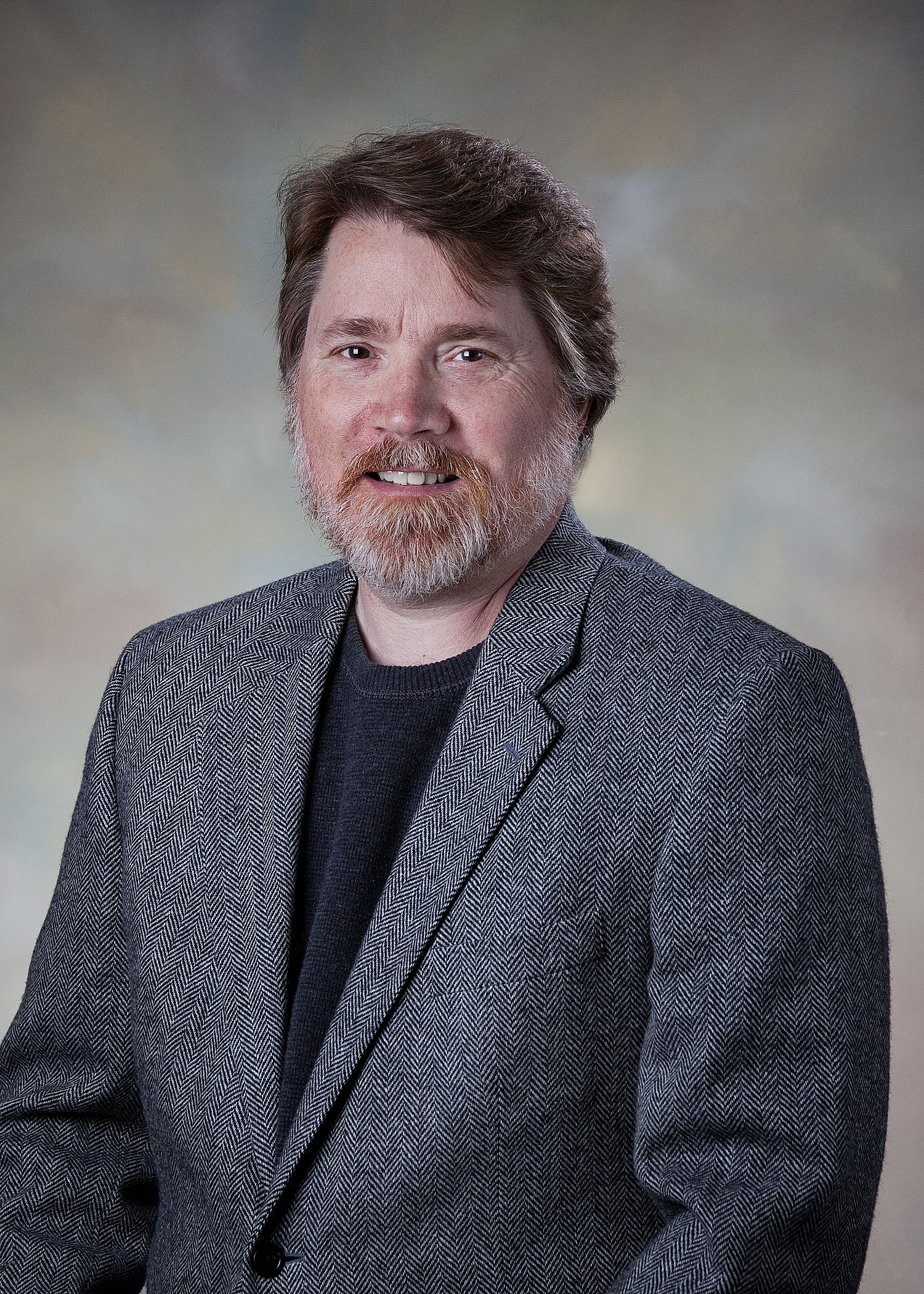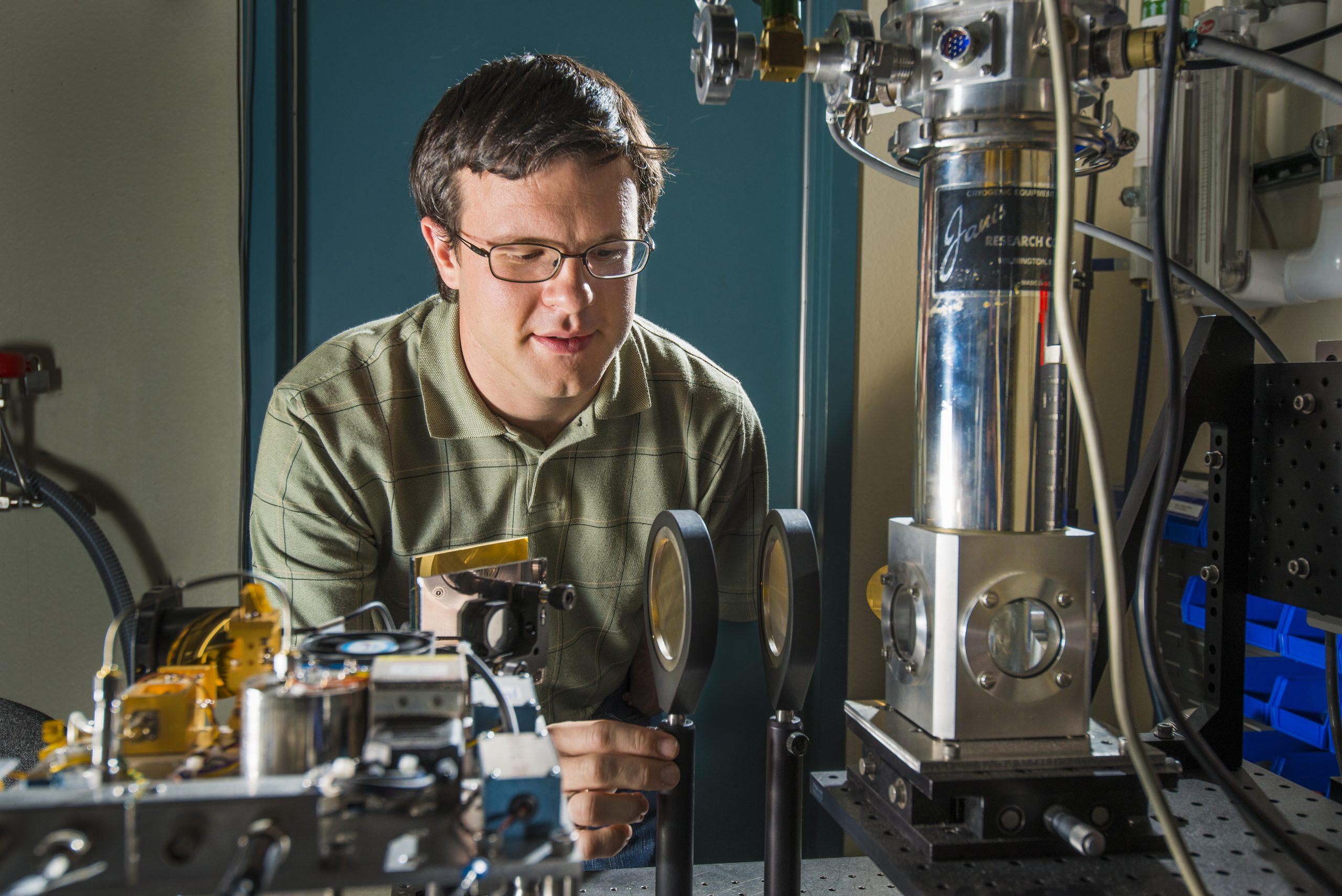December 20, 2019 • ALBUQUERQUE, N.M. — Sandia National Laboratories is setting up a collaborative facility to help researchers worldwide study low-temperature plasmas, the most pervasive state of matter in the universe. The 5-year, $5.5 million project, called the Sandia Low Temperature Plasma Research Facility, is sponsored by the Department of Energy’s Office of...
